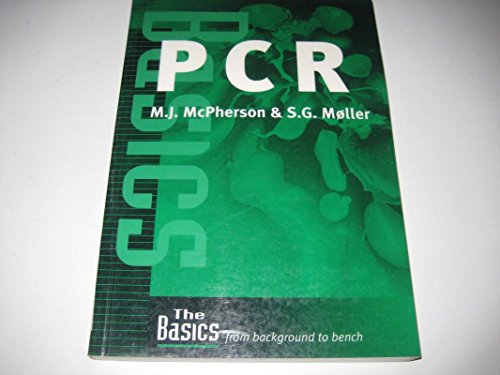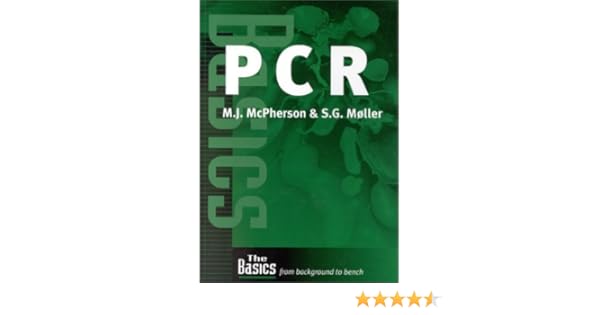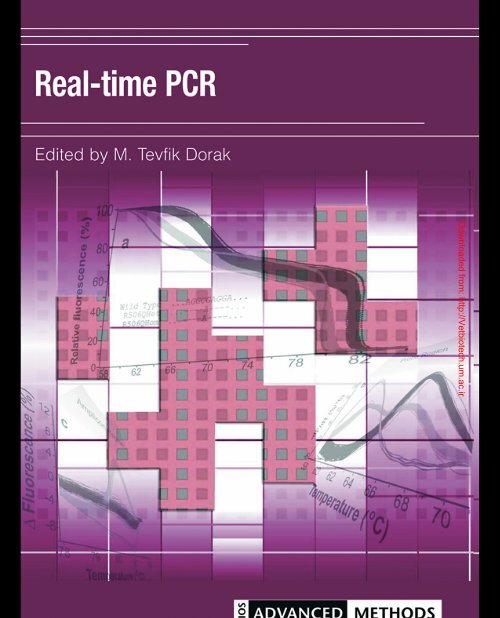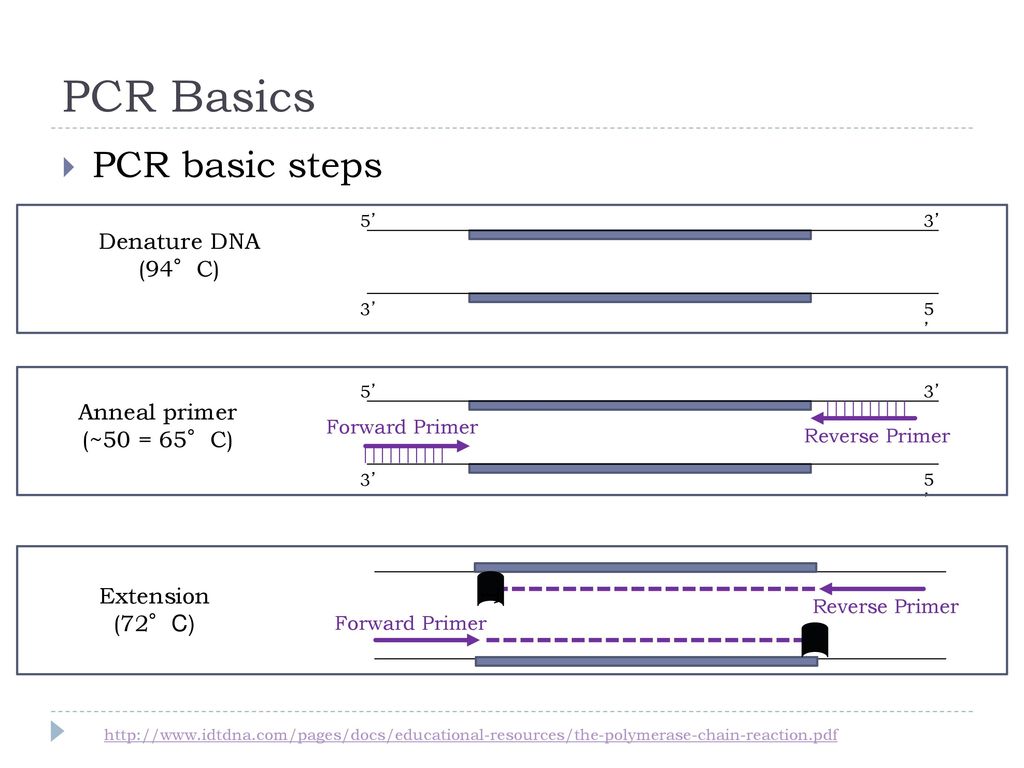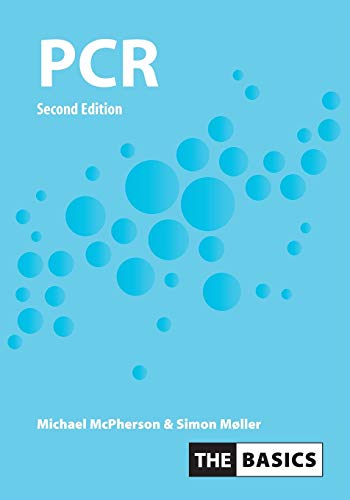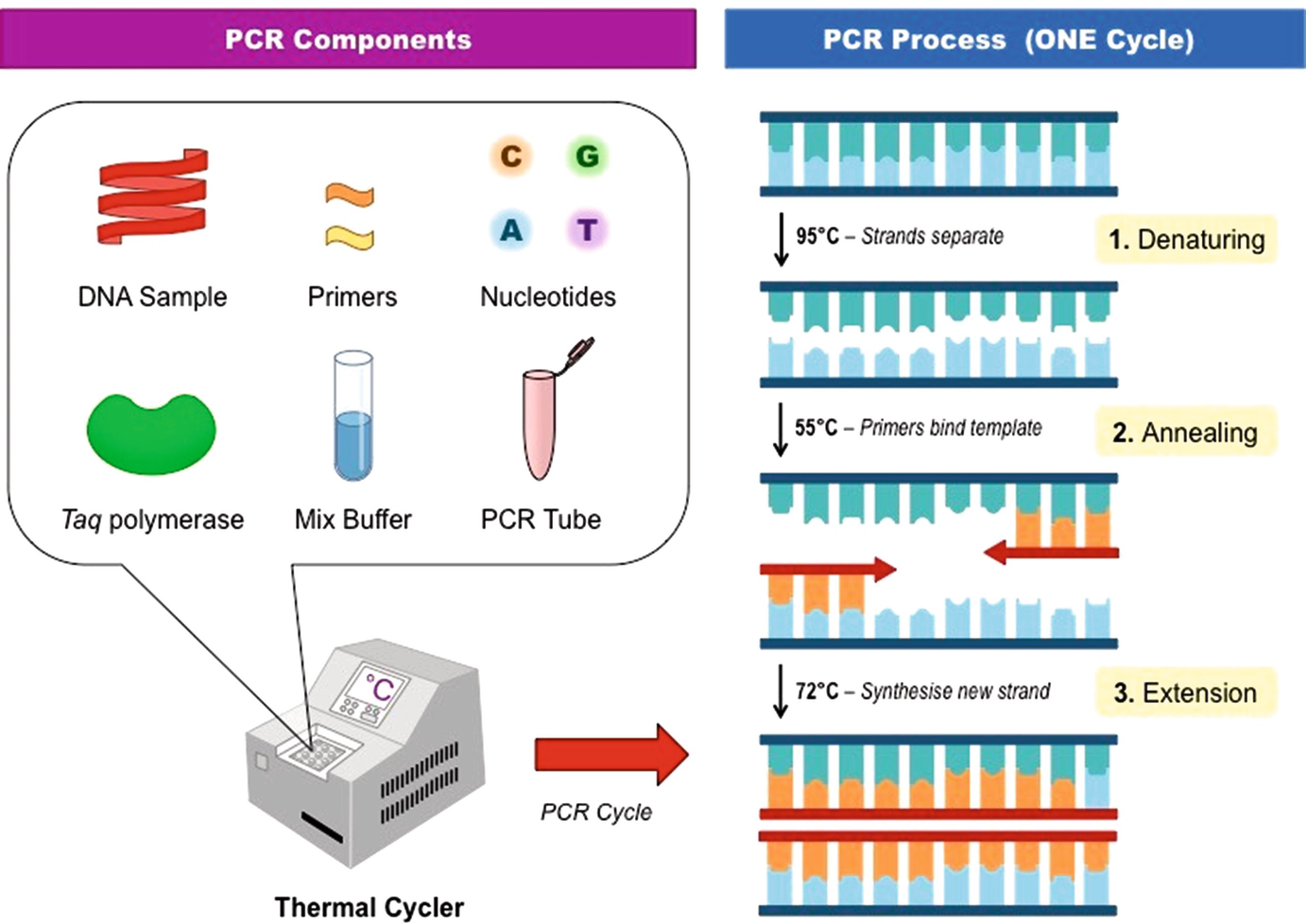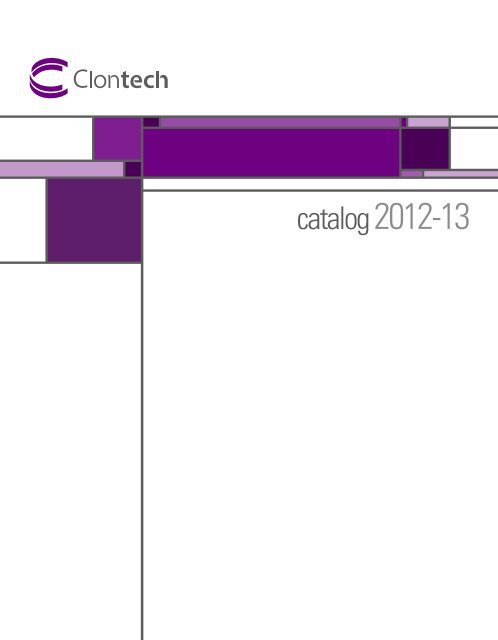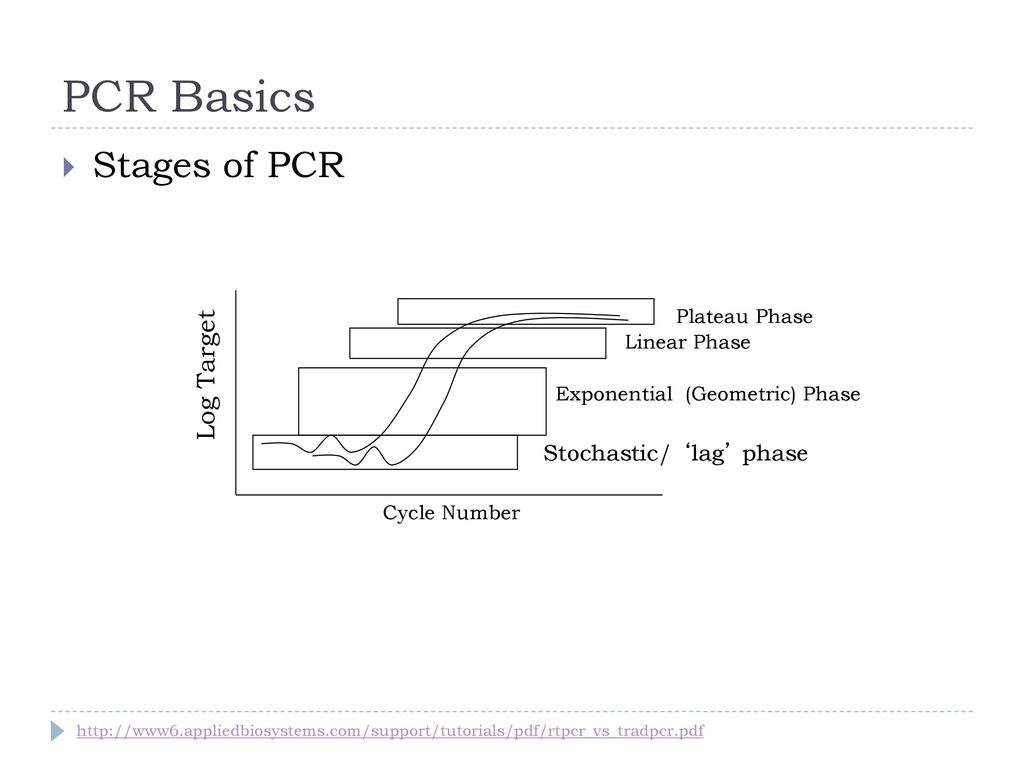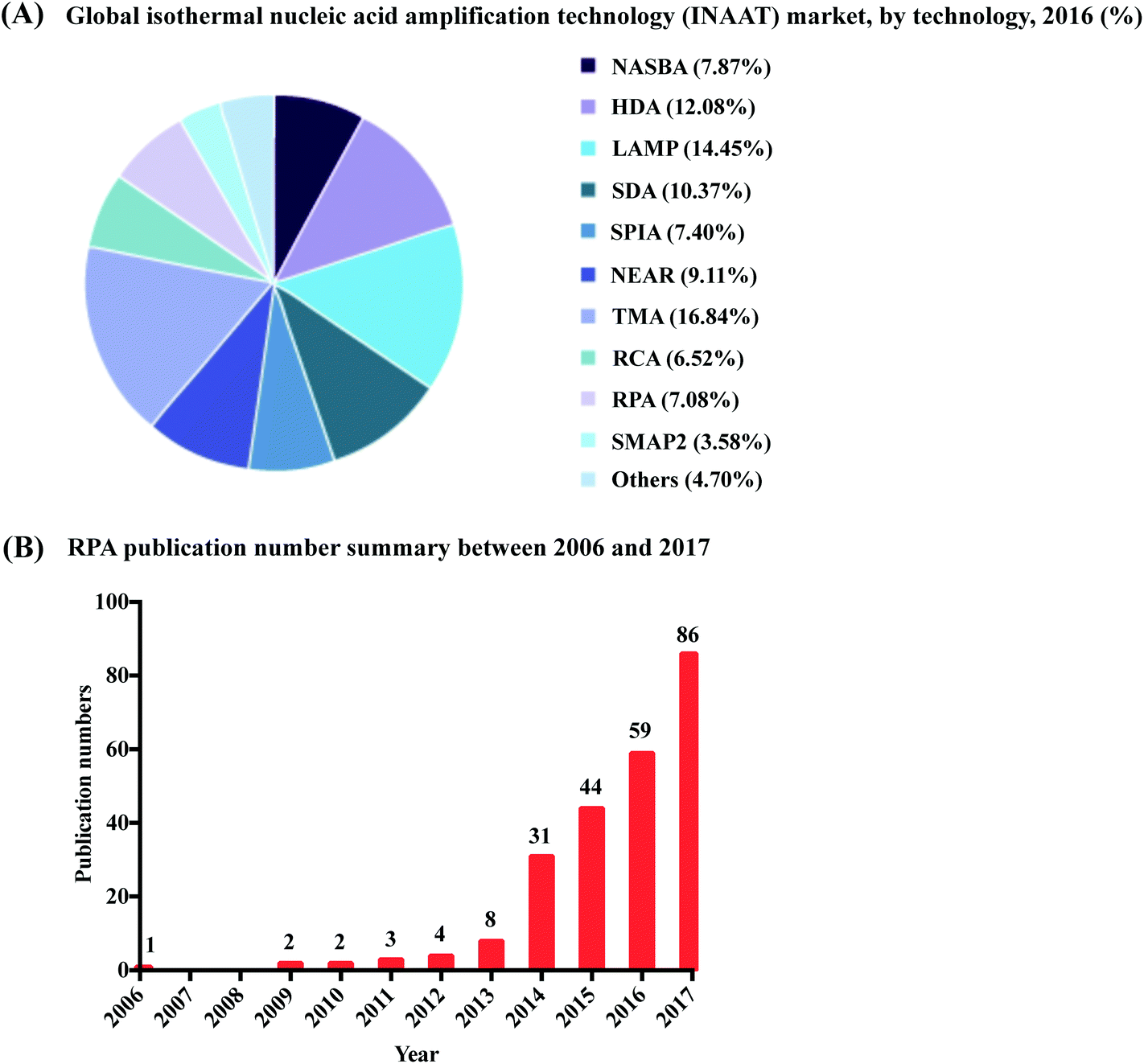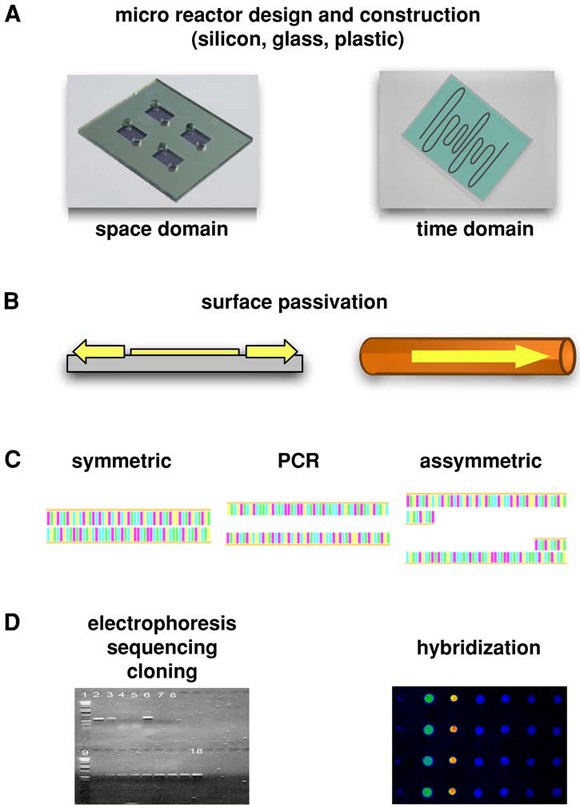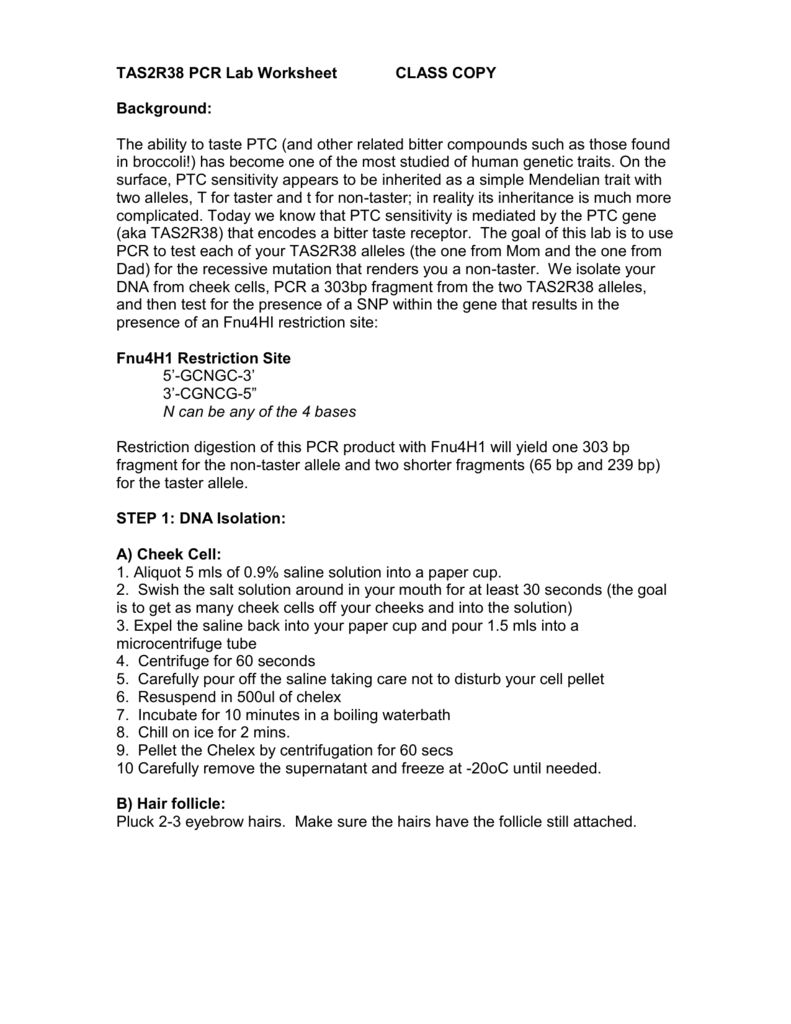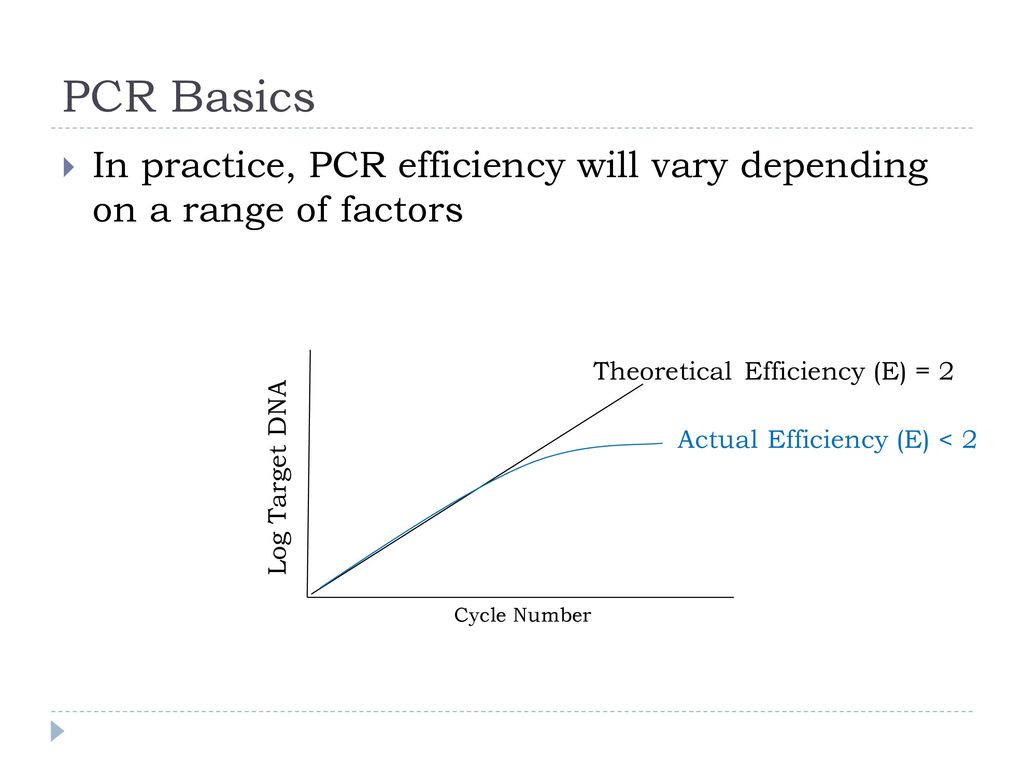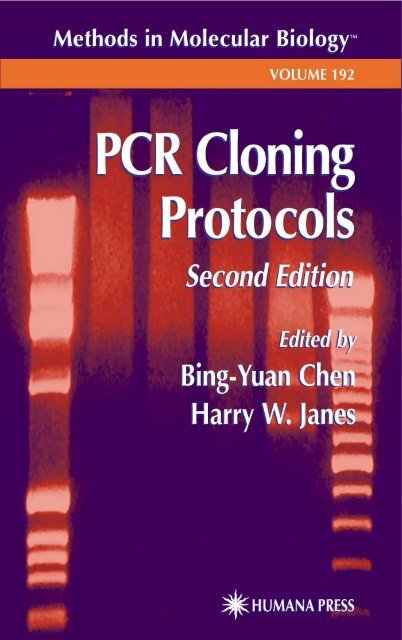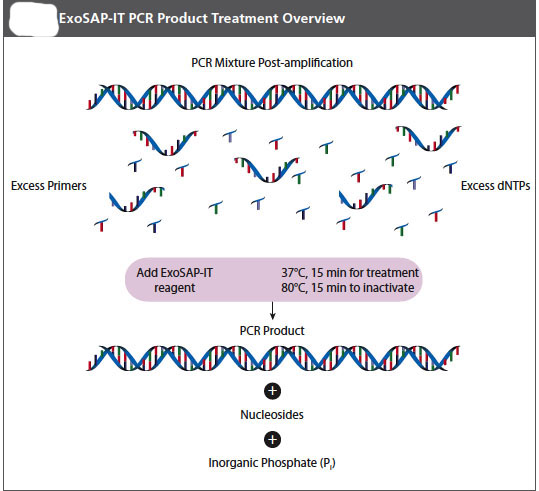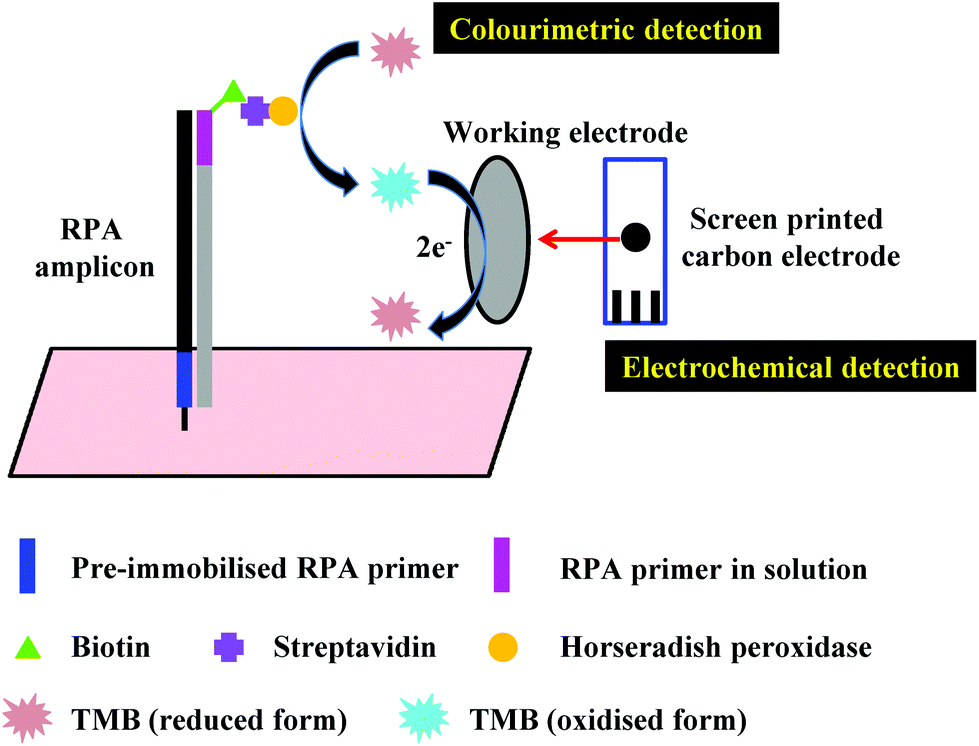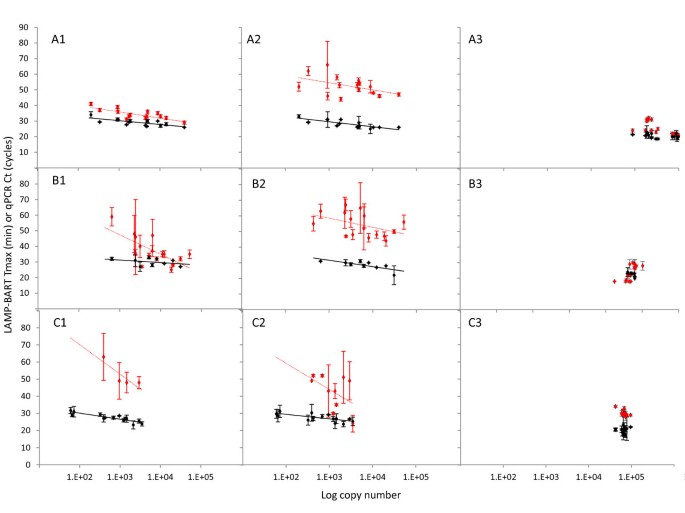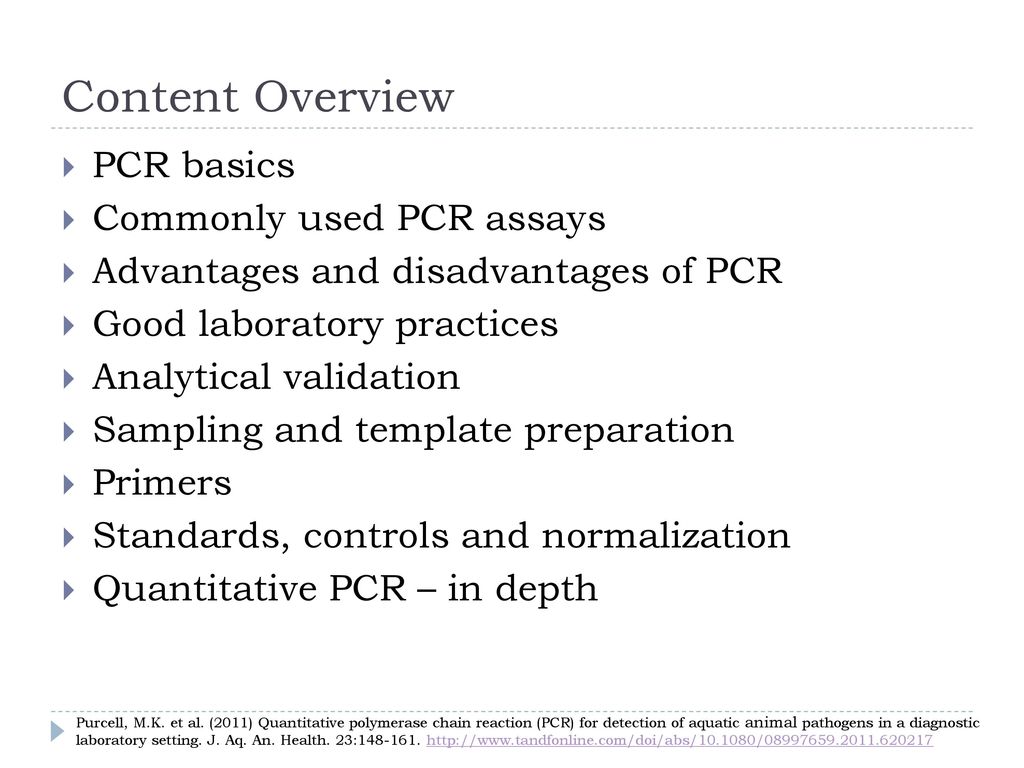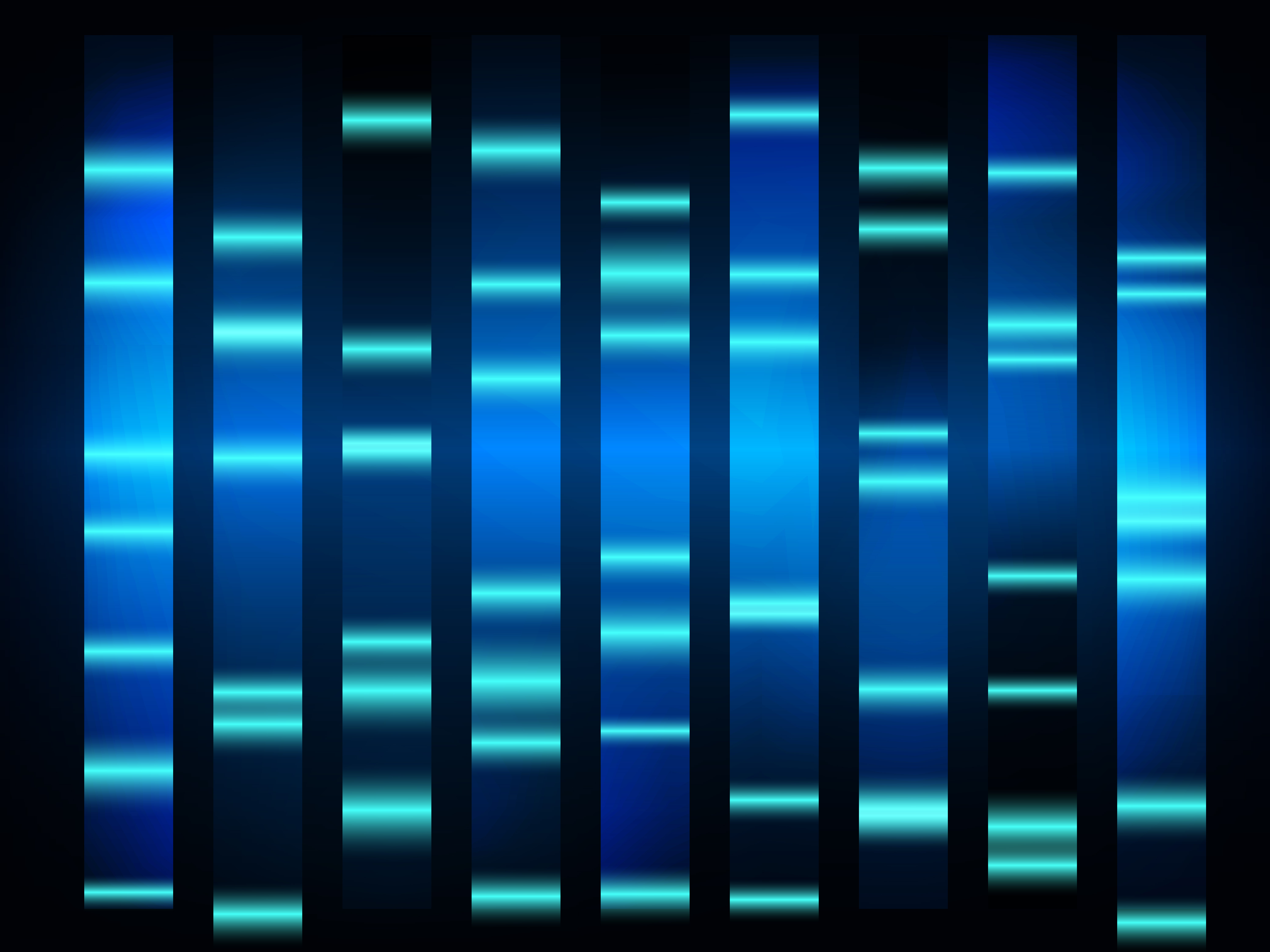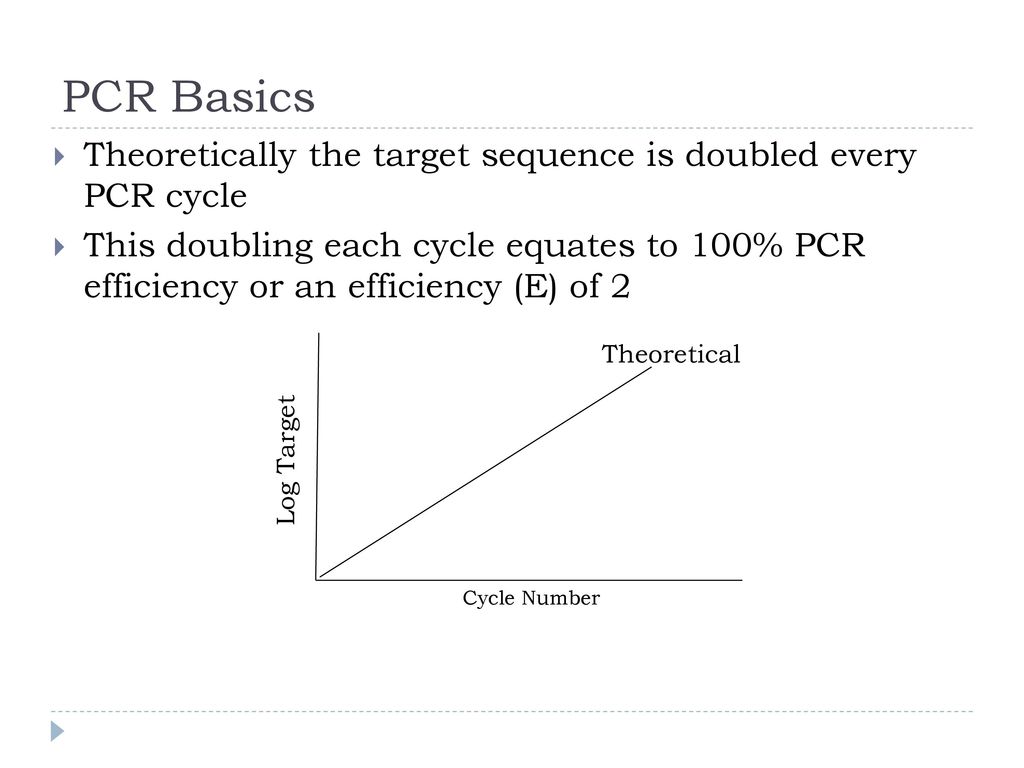Pcr Basics From Background To Bench
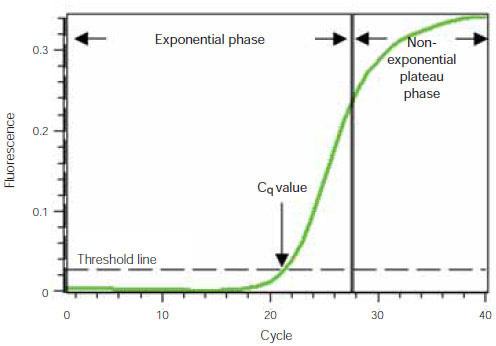
Mcpherson mj sg moller r beynon and c howe 2000 pcr.
Pcr basics from background to bench. Basics from background to bench. I own about 10 books on basic and advanced pcr methods and this one is by far the best. Pcr basics from background to bench by.
Basics from background to bench. Tuesday june 30 2020 add comment edit. In short pcr polymerase chain reaction is a biochemical technique that uses thermocycling and enzymes to quickly and reliably copy dna and it was invented in a flash of inspiration by a scientist driving on highway 128 from san francisco to mendocino.
If you want a clear concise comprehensive introduction to pcr this book is it. It truly does cover the full spectrum of pcr topics from background to benchtop real world applications. Moller annotation p a thoroughly updated version of the successful first edition with a new chapter on real time pcr more prokaryotic applications and more detail in the complex mutagenesis sections.
It is very clearly written and easy to understand. Distinguishing real signal from background noise ask taqman 41 by mike troutman 12 23 2016. The basics is the ideal practical introduction to pcr practices in the laboratory.
Accelerating science behind the bench lab tips and tricks distinguishing real signal from background noise ask taqman 41. Pdf a basic polymerase chain reaction protocol quỳnh hương representative sequencing traces for inverse pcr products joining simulation and experimental validation of a su 8 based pcr. A guide to methods and applications.
Innis ma dh gelfand jj sninsky and tj white eds 1990 pcr protocols. By providing basic theory background material and suggestions for suitable protocols it enables a novice to become a proficient user of many pcr techniques. A basic polymerase chain reaction protocol.
Mcpherson simon geir møller. Your web browser is not enabled for javascript. My favourite features of the text are the troubleshooting tables that become a one stop sol excellent beginner s manual for all aspects of the pcr process.
I would highly recommend this to any student starting out in the molecular lab who desires a solid and varied background in the techniques they are about to employ.
